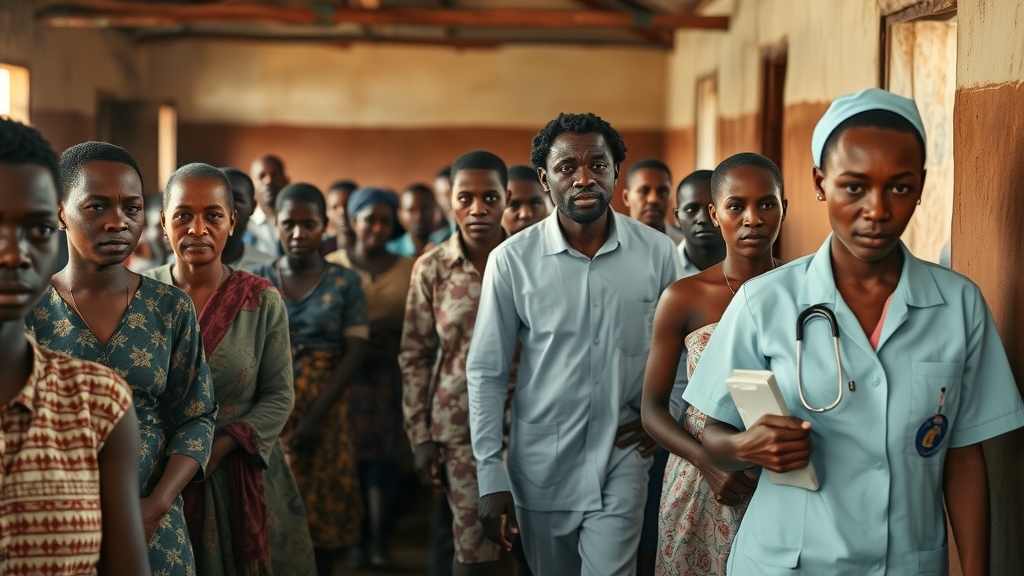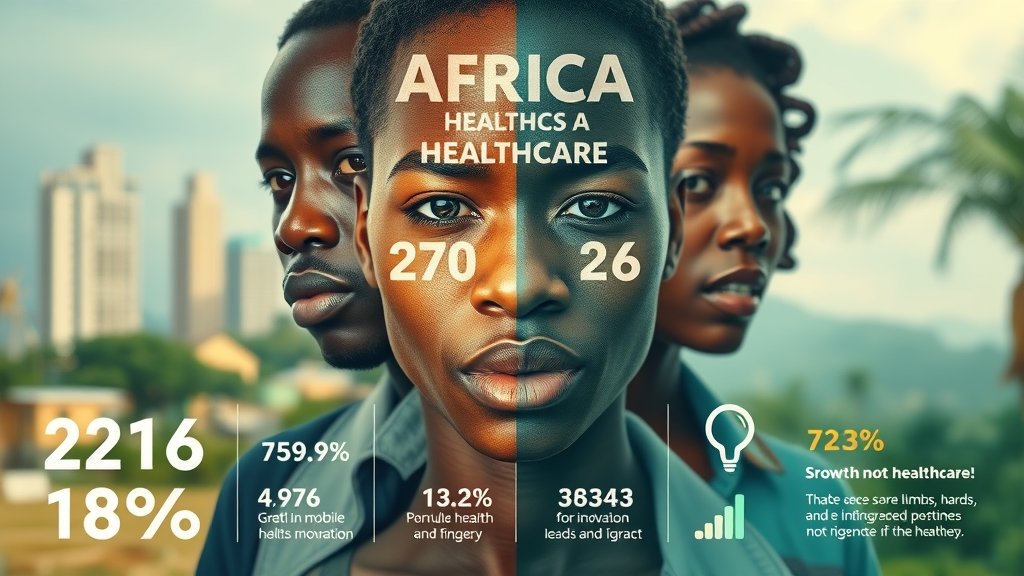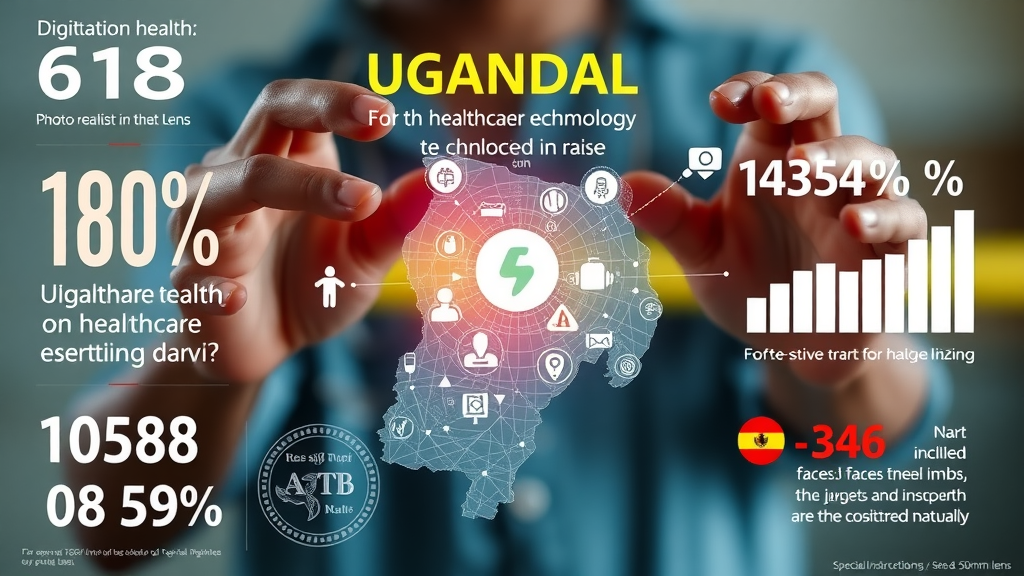Did you know that over 70% of Ugandans face significant barriers to accessing quality healthcare? In a country where affordable medical services remain an elusive goal for many, a pioneering dual strategy combining clinical excellence with innovative health insurance is revolutionizing the landscape. This article delves into how healthcare access and affordability Uganda are being bridged through the visionary efforts of Case Med Services Uganda, providing hope and inclusion for millions.

Opening with a Startling Fact: The State of Healthcare Access and Affordability in Uganda
Over 70% of Ugandans face barriers to accessing quality healthcare.
Out-of-pocket expenses continue as a leading cause of medical impoverishment.
Private health facilities serve as critical alternatives amid public health challenges.
Healthcare access and affordability Uganda remain complex challenges shaped by systemic limitations and economic constraints. Despite government efforts, many citizens encounter hospitals and clinics overwhelmed by patient loads and insufficient resources. The high cost of healthcare without adequate insurance protection exacerbates poverty, often forcing families to choose between care and daily survival. It is within this context that private institutions like Case Med Services Uganda play a vital role, offering both specialized clinical care and innovative insurance solutions to fill critical gaps.
Overview of Healthcare Access and Affordability Uganda: Historical and Current Context

Impact of the HIV/AIDS epidemic on Uganda’s healthcare infrastructure.
Challenges in public hospitals including under-resourcing and overcrowding.
The emergence of private health as a vital sector for specialized care.
The history of healthcare access and affordability in Uganda is deeply intertwined with the legacy of epidemics such as HIV/AIDS, which devastated the country’s health systems in the late 20th century. Public hospitals struggled to cope with overwhelming patient numbers and scarce resources, resulting in long wait times, limited treatment options, and constrained quality of care. According to Dr. A.K. Sebbaale, of Case Medical Centre , “ When I started, access to quality care was a distant dream for most Ugandans. ” Today, private healthcare facilities have emerged as cornerstones for delivering clinical excellence and filling crucial service gaps, complementing the often overstretched public sector.
The Role of Private Health in Expanding Healthcare Access

Growth of Case Medical Centre from a small clinic to a leading tertiary hospital.
Private health facilities as hubs for clinical excellence and innovation.
How private health complements public health services in Uganda.
Private health institutions have become critical players in improving healthcare access and affordability Uganda . Starting from a modest outpatient clinic in 1995, Case Medical Centre has grown into a comprehensive tertiary hospital providing cutting-edge care. Private hospitals not only bring advanced medical technologies and specialized professionals closer to patients but also foster innovation in treatment and management approaches. This growth helps alleviate overwhelming pressure on the public system while improving service quality and providing meaningful alternatives to Ugandans across socio-economic backgrounds.
Health Insurance as a Catalyst for Affordability in Uganda’s Healthcare System
Introduction of Case MedCare Insurance as Uganda’s pioneering Health Maintenance Organization (HMO).
The financial burden of healthcare and the need for inclusive insurance models.
How health insurance improves healthcare access and affordability Uganda-wide.
Health insurance remains a powerful tool in the struggle to enhance healthcare access and affordability Uganda . Recognizing that “the best medical care is useless if people can't afford it,” Case MedCare Insurance was launched as a pioneering HMO model designed to reduce the financial burdens that deter many Ugandans from seeking essential medical services. By making insurance affordable and scalable, Case MedCare enables more inclusive participation, shielding families from catastrophic expenses and allowing timely, quality care to become a reality for a broader population.
According to Dr. Sebbaale: “ Insurance is not just about protection—it’s about inclusion. ”
Innovative Health Insurance Models Driving Change

Affordable, scalable insurance plans for individuals and corporations.
Integration of insurance with clinical services to reduce out-of-pocket costs.
The dual engine of health and security: clinical care plus financial protection.
The ingenuity of Case MedCare's insurance offerings lies in their accessibility and alignment with Uganda’s healthcare realities. Their plans cater both to individuals and corporate clients, providing scalable coverage that integrates seamlessly with clinical services offered at Case Medical Centre and partner facilities. This integration minimizes out-of-pocket expenses, preserves household finances, and encourages earlier care-seeking behavior—critical factors in improving overall health outcomes. In essence, the combined force of superior clinical care and effective insurance models powers a new era of holistic healthcare inclusion across Uganda.
Challenges Facing Uganda’s Healthcare System: Access, Quality, and Affordability

Persistent issues: limited infrastructure, workforce shortages, and financial barriers.
Why health services remain poor in many parts of Uganda.
The impact of pandemics like HIV/AIDS and COVID-19 on healthcare delivery.
Despite progress, Uganda’s healthcare system still faces systemic challenges that hinder universal access and affordability. Rural clinics often operate with minimal equipment, insufficient staff, and inconsistent supplies, leading to gaps in service quality. Limited infrastructure and persistent workforce shortages worsen the situation. Added to this, the financial constraints many Ugandans face make accessing care prohibitive, particularly outside urban areas. The dual burden of the HIV/AIDS epidemic and the more recent COVID-19 pandemic has further stressed the system, underscoring the urgent need for comprehensive solutions that combine resources, innovation, and sustainable financing.
Addressing Common Misconceptions About Healthcare Access in Uganda

Misunderstanding the role of private health versus public health.
Clarifying the affordability of health insurance for low-income populations.
Debunking myths about the quality of care in rural versus urban settings.
Misconceptions often obscure public understanding around healthcare access and affordability Uganda . Many believe that private health is only for the wealthy or that public hospitals should suffice for all needs. However, private facilities complement public health by providing specialized and higher-quality services not always available in government hospitals. There's also a false perception that insurance is unaffordable for low-income families, yet Case MedCare has introduced plans explicitly designed to overcome this barrier with flexible premiums. Additionally, quality care is not confined to urban centers; efforts are underway to decentralize and uplift rural healthcare through satellite clinics and technology.
Expert Insights: Dr. A.K. Sebbaale’s Vision for Transforming Healthcare Access and Affordability Uganda
“ We didn’t close our doors during COVID. We opened more. This was a call to rethink how we reach people,” says Dr. Sebbaale.

Decentralization through satellite clinics to bring care closer to communities.
Leveraging technology: telemedicine, AI diagnostics, and mobile health platforms.
Building a national interoperable health tech backbone connecting providers.
Dr. A.K. Sebbaale , founder of Case Medical Centre and Case MedCare Insurance, embodies the future potential of Uganda's healthcare system through a visionary embrace of decentralization and digital technology. Faced with pandemic challenges, his response was to expand access via strategically placed satellite clinics that deliver primary and specialized services at community levels. Beyond physical expansion, Dr. Sebbaale champions telemedicine, AI-powered diagnostics, and comprehensive digital record systems to improve accuracy, efficiency, and reach. His goal is a nationwide interoperable health technology infrastructure that connects providers and patients seamlessly—ushering in a modern, inclusive healthcare era for Uganda.
Actionable Tips for Improving Healthcare Access and Affordability in Uganda

Encourage enrollment in affordable health insurance schemes. Expanding coverage lowers financial risk for families and propels consistent healthcare utilization.
Support the expansion of private health facilities and satellite clinics. Decentralizing care reduces strain on urban hospitals and broadens access.
Advocate for increased investment in healthcare technology and infrastructure. Leveraging telemedicine and digital tools enhances efficiency and quality.
Promote public-private partnerships to enhance service delivery. Collaboration ensures resource optimization and holistic patient care.
People Also Ask: Common Questions on Healthcare Access and Affordability Uganda

How accessible is healthcare in Uganda?
Healthcare accessibility varies significantly; while urban centers have more facilities, rural areas face shortages in infrastructure and healthcare professionals. Private hospitals and satellite clinics are extending reach, and health insurance models like Case MedCare reduce financial barriers for many Ugandans.
What are the issues regarding access to health services in Uganda?
Key issues include overcrowding in public hospitals, inadequate medical supplies, high out-of-pocket costs, and workforce shortages, all contributing to uneven healthcare access nationwide.
What are the challenges facing Uganda's healthcare system?
Challenges encompass limited infrastructure, funding deficits, disease outbreaks such as HIV/AIDS and COVID-19, shortages of trained staff, and affordability concerns.
Why are health services still poor in most parts of Uganda?
Many rural and remote locations suffer from insufficient supplies, inadequate staffing, poor infrastructure, and financial constraints, leading to substandard health service delivery.
Tables: Comparative Overview of Healthcare Access and Insurance Models in Uganda
Aspect |
Public Healthcare |
Private Health |
Health Insurance |
|---|---|---|---|
Accessibility |
Limited, overcrowded |
More accessible in urban areas |
Expanding coverage |
Affordability |
Often free but with hidden costs |
Higher out-of-pocket costs |
Reduces financial burden |
Quality |
Variable, resource-constrained |
Generally higher |
Supports quality care access |
Coverage |
Nationwide but limited |
Urban-centric |
Growing nationwide |

Key Takeaways: The Future of Healthcare Access and Affordability Uganda
Clinical excellence and health insurance must work hand-in-hand to ensure accessible, affordable care for all Ugandans.
Private health and insurance innovations like those introduced by Case Med Services Uganda are vital for bridging the healthcare gap.
Technology and decentralization will drive sustainable improvements by expanding reach and enhancing service quality.
Leadership and visionary commitment, as exemplified by Dr. Sebbaale, inspire transformative systemic change.
Conclusion: A Visionary Path Forward for Uganda’s Healthcare System

Dr. Sebbaale concludes, “ Hope. Every patient that walks out of Case feeling better—that’s my reward. And I know we can do even more. ”
Uganda’s journey to overcoming healthcare access and affordability challenges highlights the power of innovative integration of clinical services with health insurance models. Thanks to pioneering efforts by Case Med Services Uganda, exemplified through the vision and resilience of Dr. A.K. Sebbaale, new horizons of inclusive care are emerging. The fusion of quality medical care, affordable insurance, and technological advancement offers a sustainable blueprint to transform healthcare delivery, bringing dignity and hope to millions across Uganda.
Call to Action
Discover Africa's great innovative minds transforming business and lifestyles.
Visit https://east.africafrontlinenexus.news for more inspiring stories.
 Add Row
Add Row  Add
Add 




Write A Comment